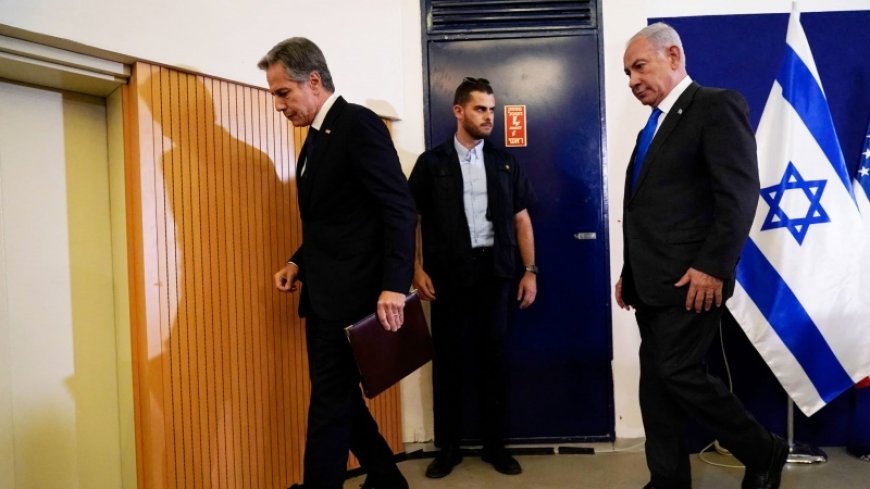Three senior officials from U.S. President Joe Biden's administration have expressed apprehension that Netanyahu's actions might strain relations between the two allies, potentially weakening Israel's strategic position against Iran and Lebanese Hezbollah. This concern follows reports from Israeli media that U.S. envoy Amos Hochstein returned from Lebanon to Tel Aviv without any substantial progress, amid Hezbollah's unwavering stance on maintaining unified battle fronts with Israel and its continued support for Gaza.
At a recent press conference following a meeting with Lebanese Parliament Speaker Nabih Berri, Hochstein emphasized that the U.S. is striving to avert a larger conflict following recent border clashes between Hezbollah and Israel. He described the current situation at the Lebanon-Israel border as perilous.
Lebanese Prime Minister Najib Mikati, in his meeting with Hochstein, called on Israel to cease its aggressive actions and persistent violations of Lebanese sovereignty. Mikati stated, "We are trying to prevent the escalation of tensions, restore security and stability, stop Israel's constant violation of Lebanon's sovereignty, and halt the systematic criminal and destructive actions initiated by Israel."
In response to a recent warning from Hezbollah's Secretary General Sayyed Hassan Nasrallah, the President of Cyprus declared that Cyprus would not become a participant in any conflict initiated by Israel against Gaza and southern Lebanon. Nasrallah had warned that Cyprus would become part of the war if it allowed its airports and infrastructure to be used by Israel to target Lebanon. He reiterated Hezbollah's commitment to support Gaza and readiness for any eventuality.
Amid these diplomatic maneuvers, Lebanese news sources reported that Israeli warplanes bombed targets in the southern Lebanon suburbs of Al Khayyam on Thursday morning. The Lebanese Islamic Resistance announced it had conducted nine operations against Zionist forces' positions in northern occupied Palestine. Hezbollah also targeted Israeli military bases at "Al-Ramtha," "Al-Samaqah," and "Zabdin" on the occupied Kafr Shoba hills with rocket attacks. Additionally, Lebanese sources indicated that Israeli warplanes bombed the heights of the "Al-Rihan" region in southern Lebanon.
Over recent months, Hezbollah has increasingly targeted Israeli military positions in retaliation for Israel's actions in Gaza, which have included severe violence and accusations of genocide against Palestinians. These attacks have heightened fears among Zionist settlers living in northern occupied territories, adding to the region's volatility.
As the situation unfolds, the international community watches closely, aware that any further escalation could have far-reaching implications for regional peace and security.














































